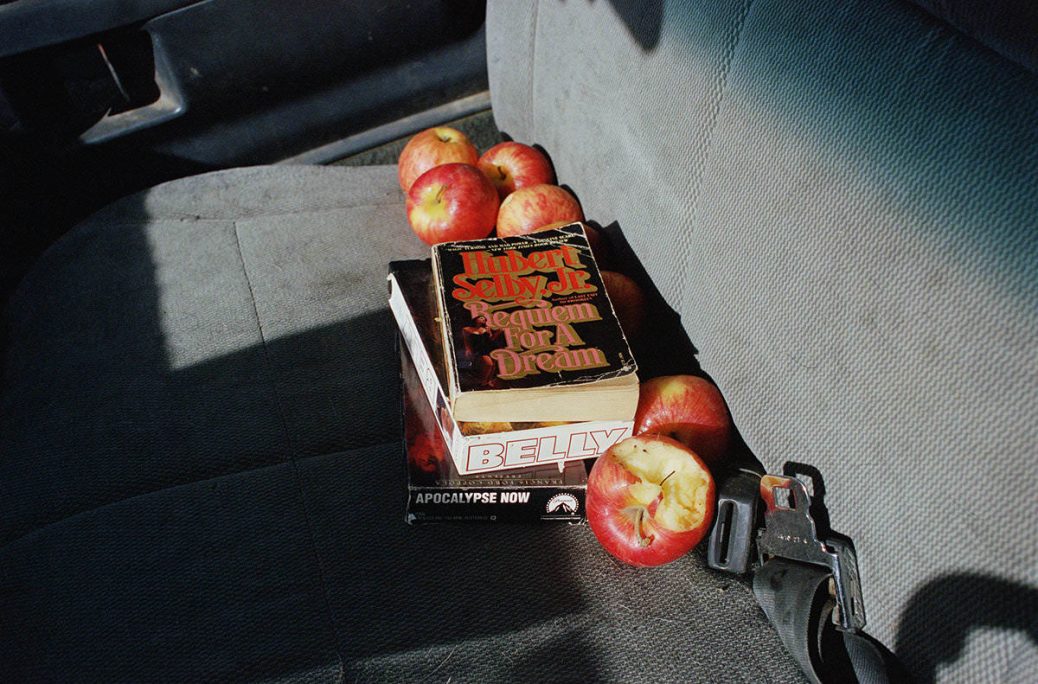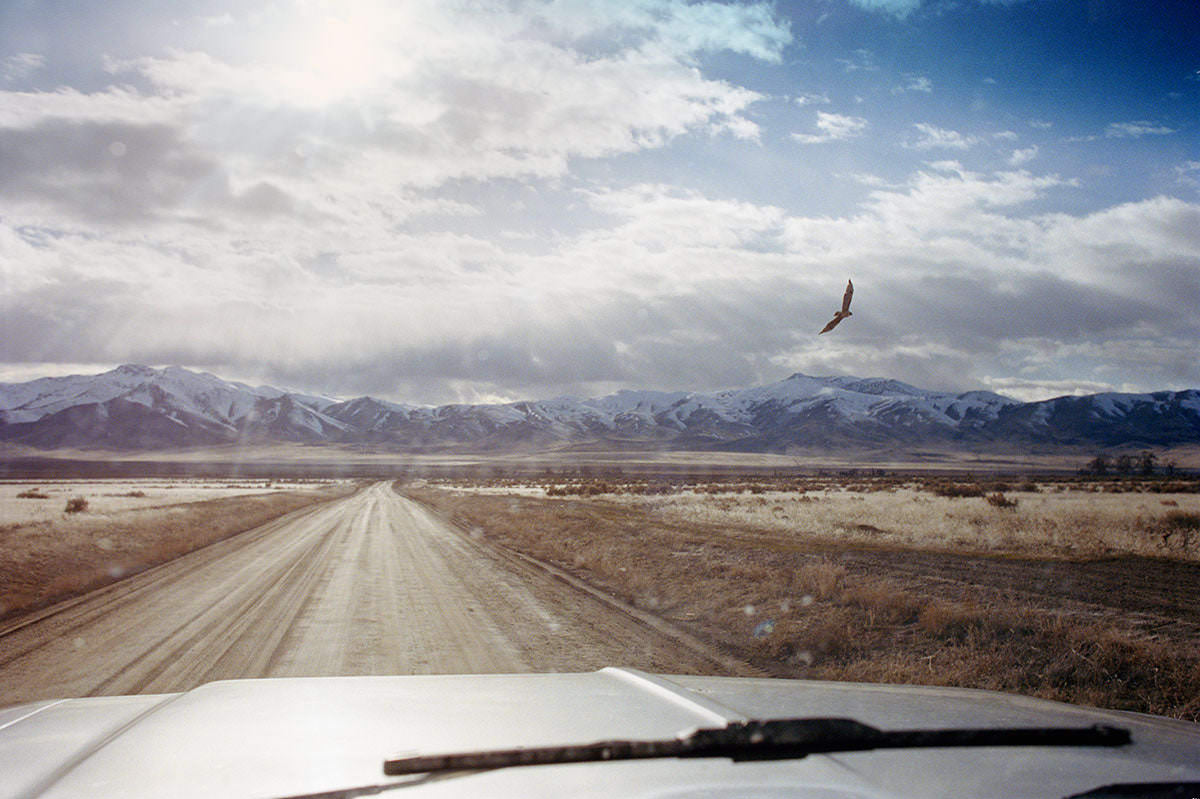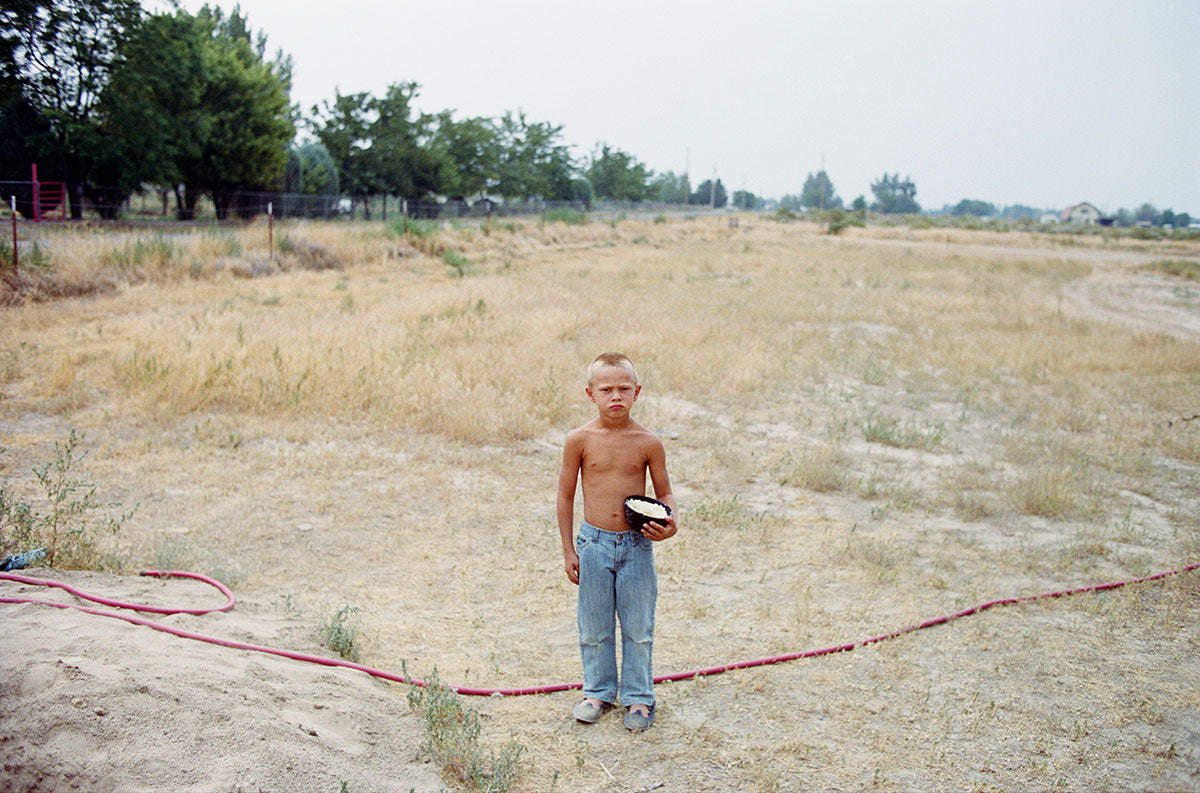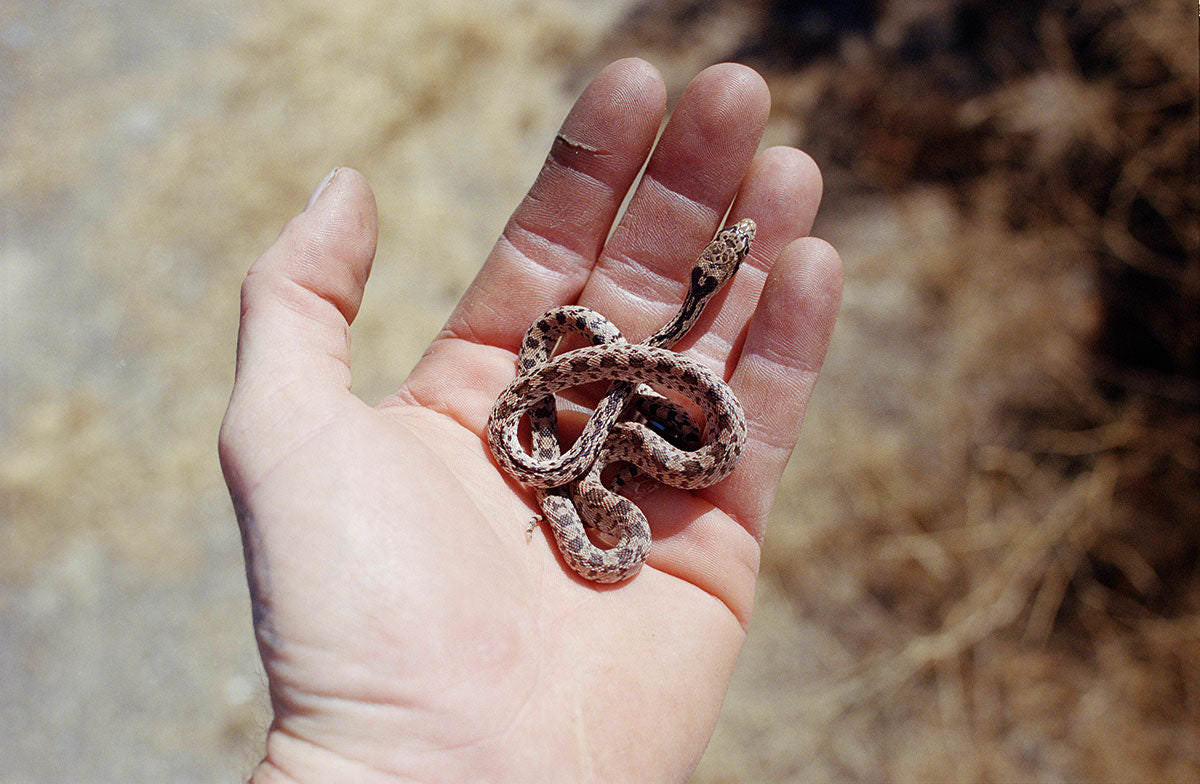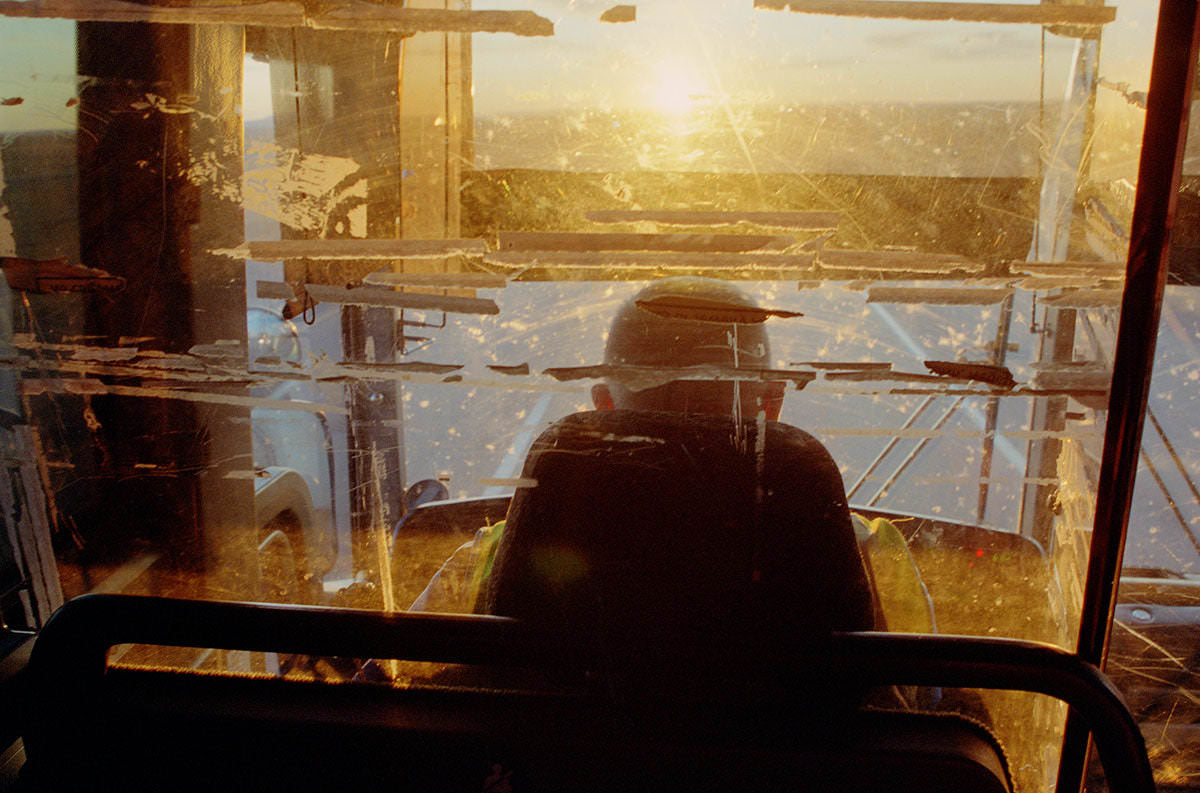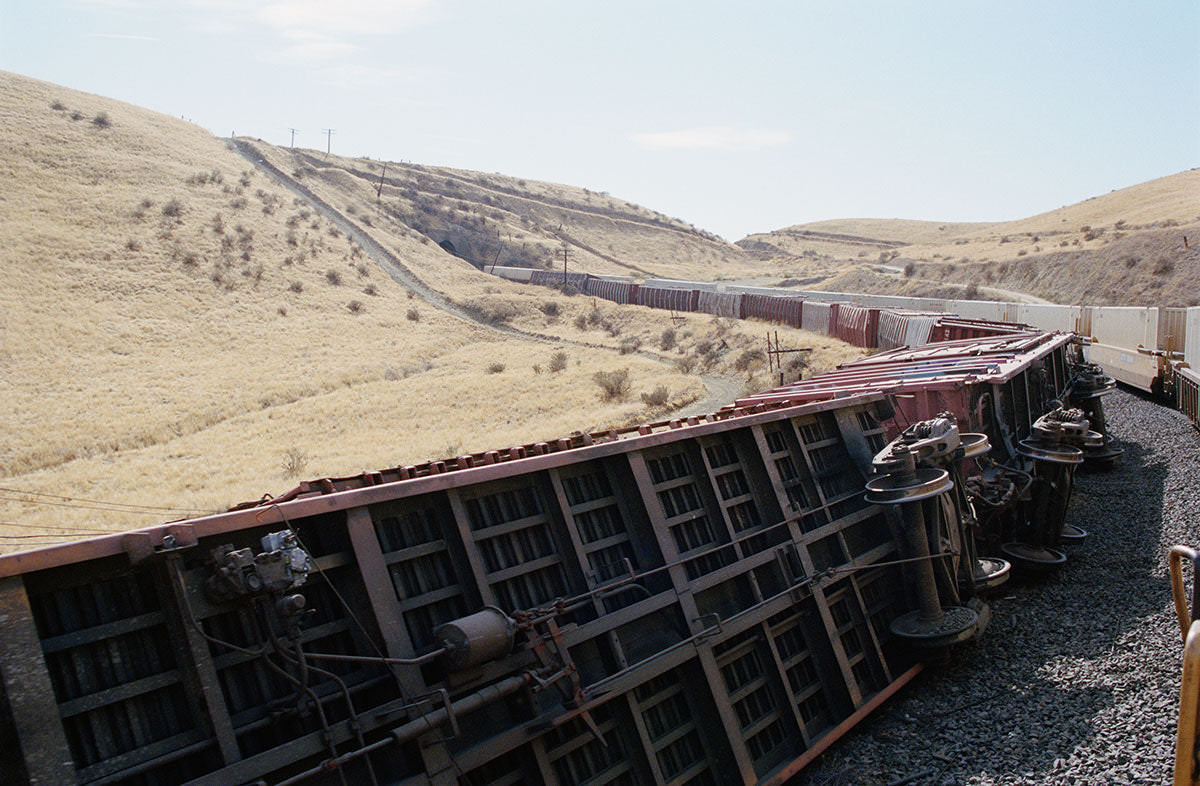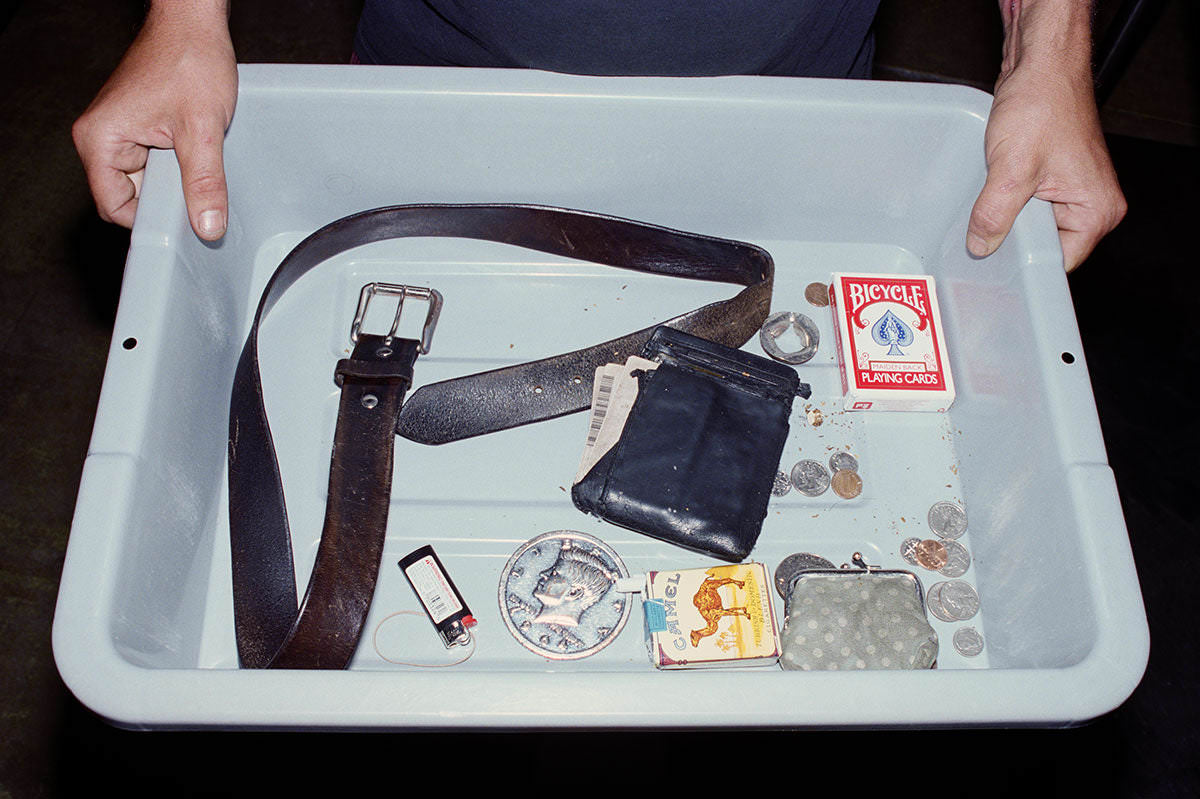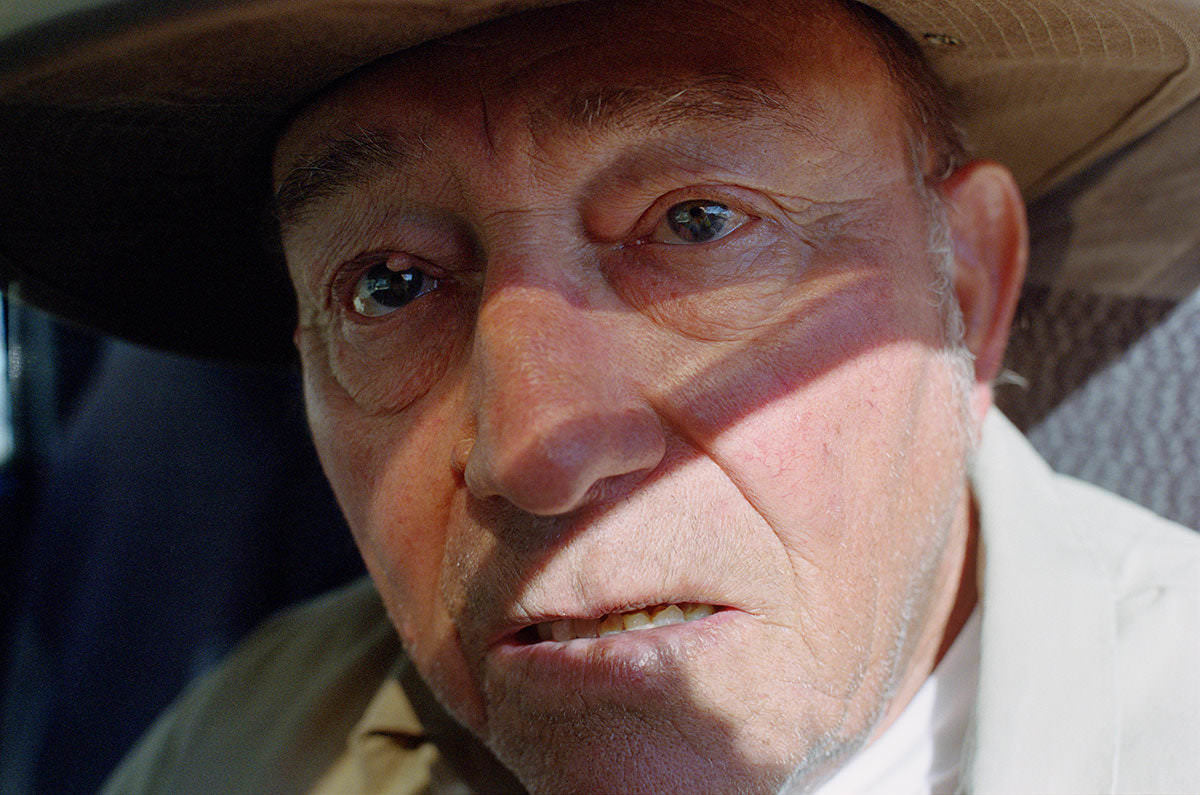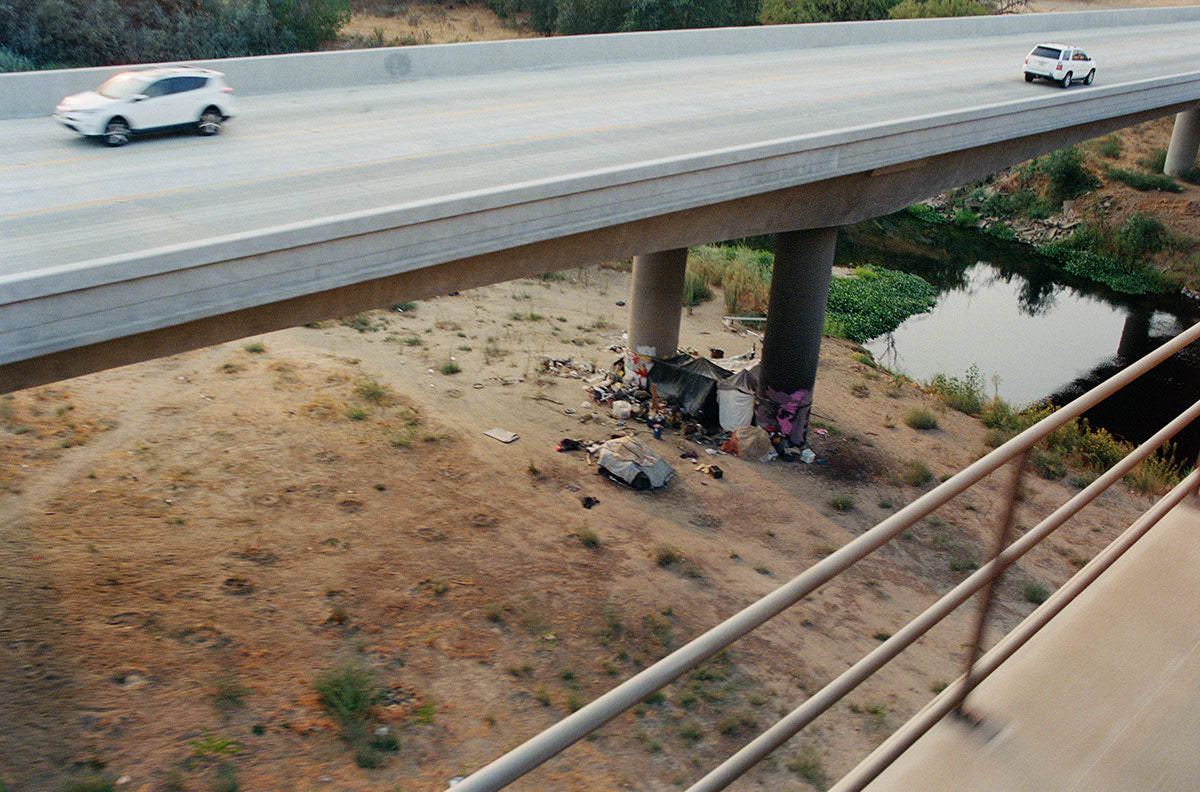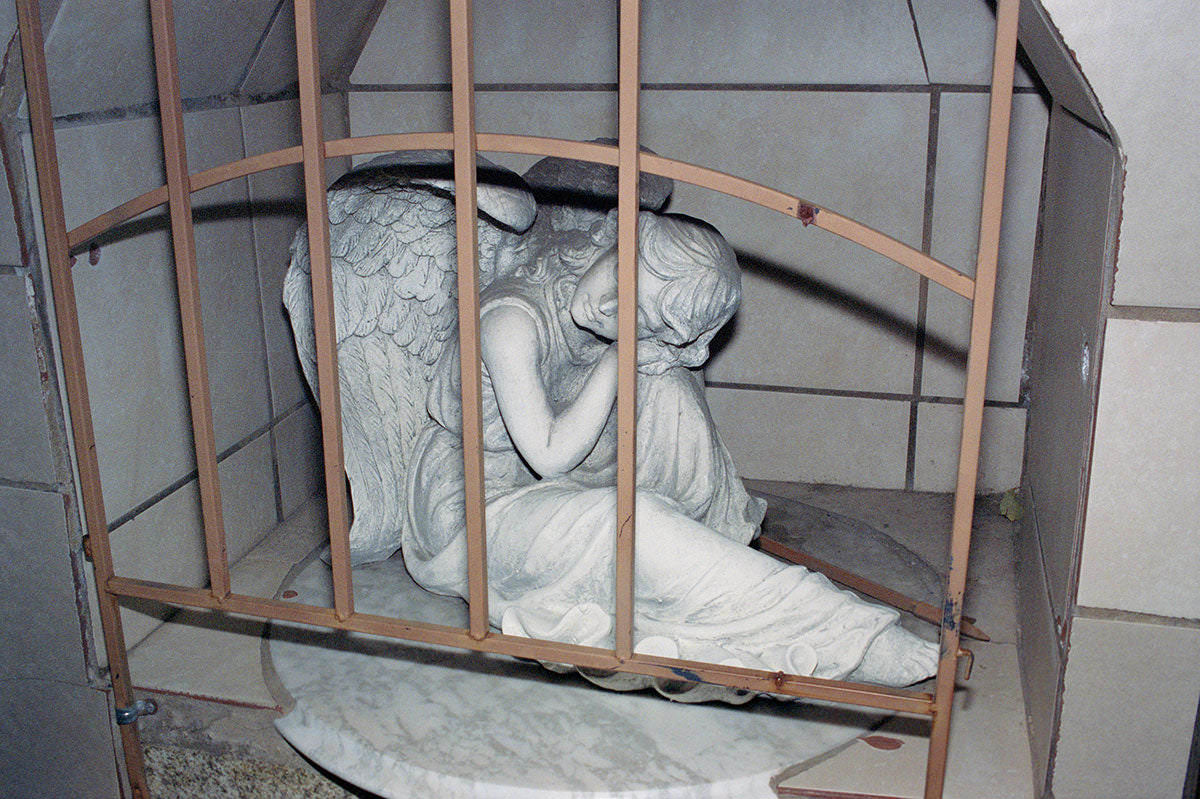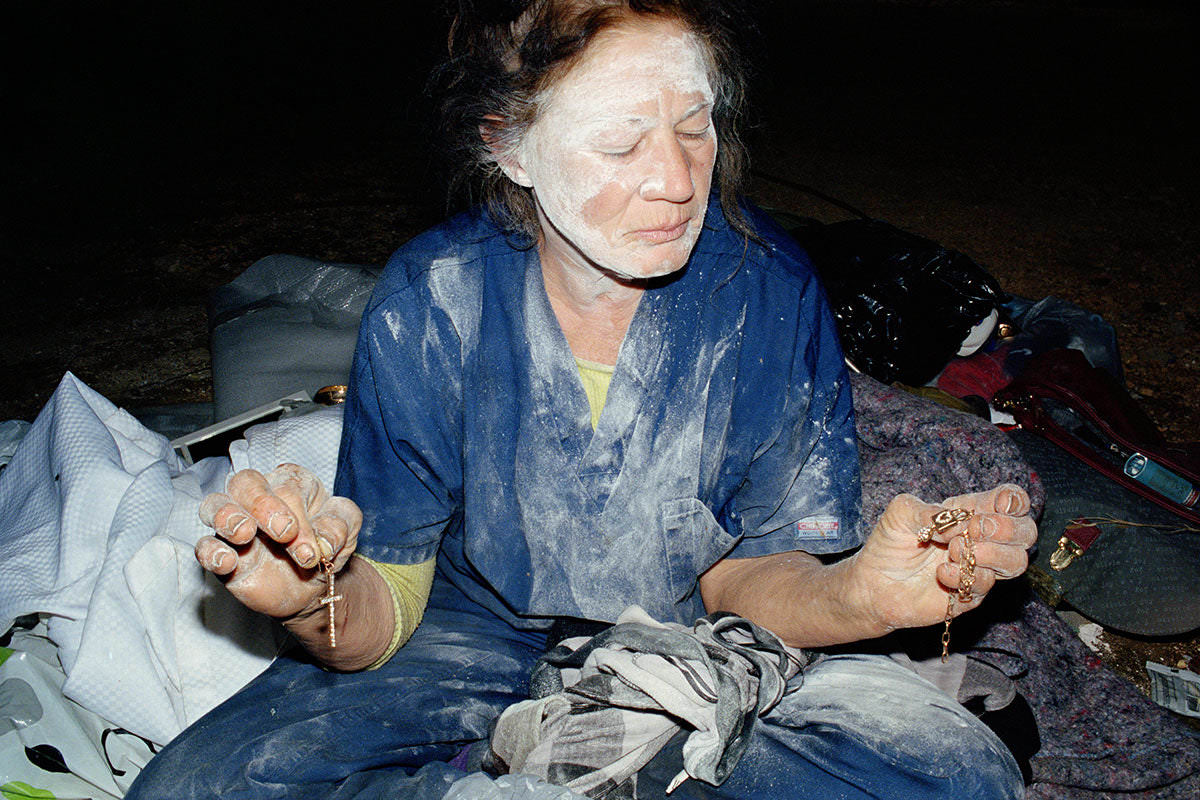Mike Brodie: Failing
Mike Brodie’s first book, A Period of Juvenile Prosperity, was released over a decade ago, offering a vivid glimpse into the lives of his fellow train hoppers and drifters. It captured their reckless, uncontainable quest for freedom and adventure. As Danny Lyon wrote for Aperture, “Brodie leapt into the life of picture-making as if he was the first to do it.” Following this came Tones of Dirt and Bone, a collection of earlier SX-70 Polaroids created during his initial foray into freight-hopping, back when he was nicknamed “The Polaroid Kidd.” Then, just as unexpectedly as he had emerged on the art scene, Brodie vanished. Perhaps his disappearance became part of his legend. Or maybe it was simply a step back he needed to take.
“I was divorcing myself from all that,” he reflects. “I was growing up. I was pursuing this other life.”
In Nashville, he trained as a diesel mechanic. He fell in love. He moved cross-country, got married, and settled on a piece of land along the dusty Winnemucca road immortalized by Johnny Cash. He started a business, built a home, and planted roots. But when that life fell apart, the pull of the open road returned. Through all of it, his camera remained a near-constant companion, and now, those unseen images are finally surfacing.
If A Period of Juvenile Prosperity resembled a cinematic odyssey, Failing is its stark and unflinching counterpart — a raw, emotionally charged chronicle of a decade defined by love, heartbreak, loss, and profound grief. Biblical in its depth, the book searches for meaning amid chaos. Here, Brodie delves into the shadowed corners of the American dream, bearing witness to addiction, death, and the resilience of an itinerant community on society’s margins. Through candid portraits of hitchhikers and wandering souls, Failing explores the fragile bonds of road-life camaraderie. While darkness pervades much of this work, moments of grace punctuate the gloom. Brodie’s lens captures fleeting beauty in forgotten landscapes — the vastness of open fields, the hazy horizons glimpsed through dust-covered windows, blurred like memories in motion.
“Looking back, it’s as if it never really happened. I was never a photographer holding a camera but a vessel to tell a story. It’s like it all existed within a dream, and this is just God’s plan for my life.”
About the Author
Born in 1985, Mike Brodie began his photographic journey in 2004 after being gifted a Polaroid camera. Adopting the pseudonym “The Polaroid Kidd,” Brodie spent the following four years crisscrossing the United States, creating a remarkable archive of images that stand as one of the few authentic collections of contemporary American travel photography. While his work recalls the influence of iconic photographers like Robert Frank, William Eggleston, and Stephen Shore, Brodie’s lack of formal training allowed him to remain free from the constraints and expectations of the traditional art world.
Driven by a relentless curiosity, Brodie immersed himself in documenting the raw and often chaotic lives of transient subcultures, capturing moments without concern for how his images might endure beyond his own experiences. Once he felt he had exhausted his subject matter, his restless spirit led him to abandon photography altogether, channeling his energy into new pursuits and leaving the medium as quickly as he had entered it.
In 2008, Brodie was honored with the Baum Award for American Emerging Artists. His work has since been featured in international exhibitions and will soon be available in a new publication by Steidl. Recently, Brodie graduated from the Nashville Auto Diesel College (NADC) and now works as a diesel mechanic. Though he no longer takes photographs, the body of work he produced in just four short years continues to resonate deeply within the photographic community and beyond, offering a lasting testament to his singular vision.

